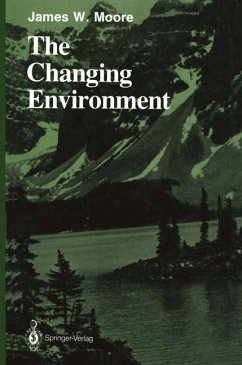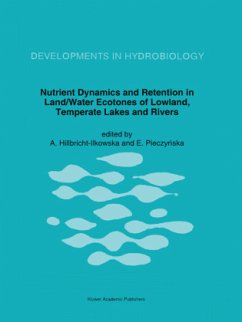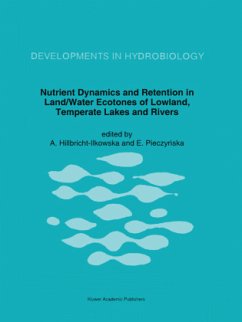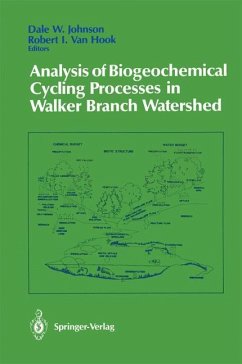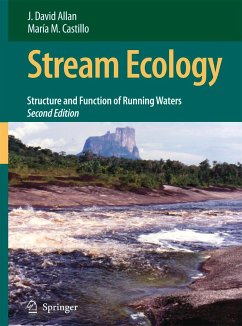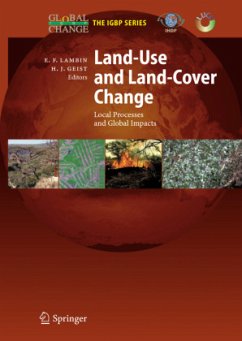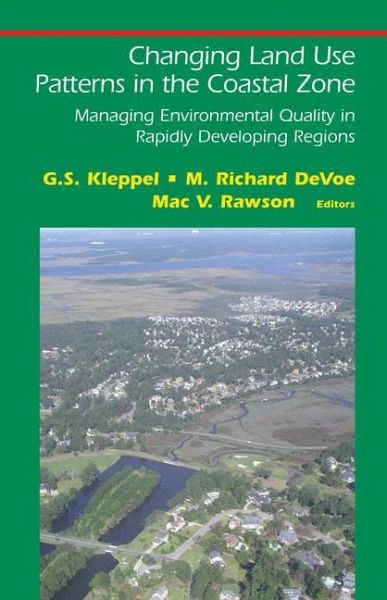
Changing Land Use Patterns in the Coastal Zone
Managing Environmental Quality in Rapidly Developing Regions
Herausgegeben: Kleppel, G. S.; DeVoe, M. Richard; Rawson, Mac V.
Versandkostenfrei!
Versandfertig in 6-10 Tagen
83,99 €
inkl. MwSt.

PAYBACK Punkte
42 °P sammeln!
Coastal ecosystems make up some of the most important and, yet, most endangered, regions in the world. The protection of the unique processes that take place in these ecosystems requires that partnerships be formed among ecologists, resource managers and planners.
Experienced in the challenges of coastal system analysis, the contributors to this book provide multidisciplinary guidance on the assessment and management of environmental impacts caused by development. Each chapter examines an issue important to these fragile ecosystems, first presenting a non-technical summary of the issue and a review of the current state of the knowledge, then following with data and a more detailed consideration of the topic. Functioning both as a practical guide, accessible to nonscientists, and as a rigorous scientific source book, Changing Land Use Patterns in the Coastal Zone will be useful to ecologists, urban and regional planners, resource managers, policymakers and students. While many of the case studies included in this volume are drawn from studies in the southeastern United States, the examples and lessons provided will be relevant to those working in all coastal environments.
Experienced in the challenges of coastal system analysis, the contributors to this book provide multidisciplinary guidance on the assessment and management of environmental impacts caused by development. Each chapter examines an issue important to these fragile ecosystems, first presenting a non-technical summary of the issue and a review of the current state of the knowledge, then following with data and a more detailed consideration of the topic. Functioning both as a practical guide, accessible to nonscientists, and as a rigorous scientific source book, Changing Land Use Patterns in the Coastal Zone will be useful to ecologists, urban and regional planners, resource managers, policymakers and students. While many of the case studies included in this volume are drawn from studies in the southeastern United States, the examples and lessons provided will be relevant to those working in all coastal environments.






